Haiti is facing a big crisis in education that needs immediate attention. Haiti’s education system is struggling with low enrollment, poor teaching quality, and many barriers that stop children from going to school. To understand the issue better, we need to look at the state of education in Haiti, how it ranks globally, why many children don’t attend school, and the major challenges it faces.
Does Haiti Have a Good Education System?
When we think about schools, we imagine children learning and preparing for their future. Sadly, this isn’t the case for most kids in Haiti. The education system faces many challenges that stop it from being effective.
One of the biggest problems is the low enrollment rate. Only 57% of children who should be in primary school are actually attending. Even worse, only 20% of those children move on to secondary school. This shows that many children in Haiti are not getting the basic education they need.
Although schools exist in cities, many rural areas don’t have any. The quality of education is also uneven, with private schools often providing better education than public schools. However, many families cannot afford the tuition fees, leaving their children without access to good schools.
Where Does Haiti Rank in Education?
Haiti ranks very low in global education spending. The country is 177th out of 186 nations when it comes to how much the government spends on education. This lack of funding hurts schools and students.
Haiti’s literacy rates are also low. Only 61% of adults can read, and less than 80% of young people are literate. This shows that children in Haiti are not only missing school, but when they do attend, the education they receive doesn’t always teach them essential skills.
Why Do Many Children Not Attend School in Haiti?
There are several reasons why many children in Haiti don’t go to school. The biggest issue is poverty. About 78% of Haitians live on less than $2 a day, making it hard for families to pay for school fees, uniforms, and books. Parents often have to choose between sending their kids to school or meeting their basic needs. When families don’t have enough money, education becomes a lower priority, continuing the cycle of poverty. Another major problem is gang violence and political unrest. Over 919 schools have closed due to violence, affecting more than 150,000 students. This makes many parents feel it’s unsafe to send their children to school.
What Are the Challenges of Education in Haiti?
Haiti’s education system faces several tough challenges. One of the biggest problems is poor infrastructure. Many schools are run-down and lack basic necessities like roofs or toilets, making it hard for children to learn in a safe environment. There is also a shortage of trained teachers. Many educators don’t have the right training or resources to teach effectively. Large class sizes make it even harder for teachers to give individual attention to students who need extra help. The government has tried to improve education through reforms, but a lack of funding has slowed down progress. Haiti’s education sector has a $23 million funding gap, leaving many programs under-supported.
Community Solutions
Despite these challenges, there are signs of hope. Many non-governmental organizations (NGOs) and local groups are working to improve access to education for Haitian children. Some NGOs provide scholarships for children from poor families, helping them go to school without financial stress. These programs also offer teacher training, ensuring educators have the skills needed to create a better learning experience.
Local communities are also finding solutions by working with international partners to build or fix schools and push for more government support. Haiti’s education system faces many difficulties, but change is possible. By addressing issues like funding, infrastructure, and teacher training, Haiti can improve its schools and give more children the chance to learn. Education isn’t just about going to school; it’s about giving kids the tools to break the cycle of poverty. By investing in Haiti’s education today, we can create a brighter future where every child has the opportunity to learn and succeed. With community support and global partnerships, we can help build a system that serves all Haitian children, because every child deserves the chance at a better life.


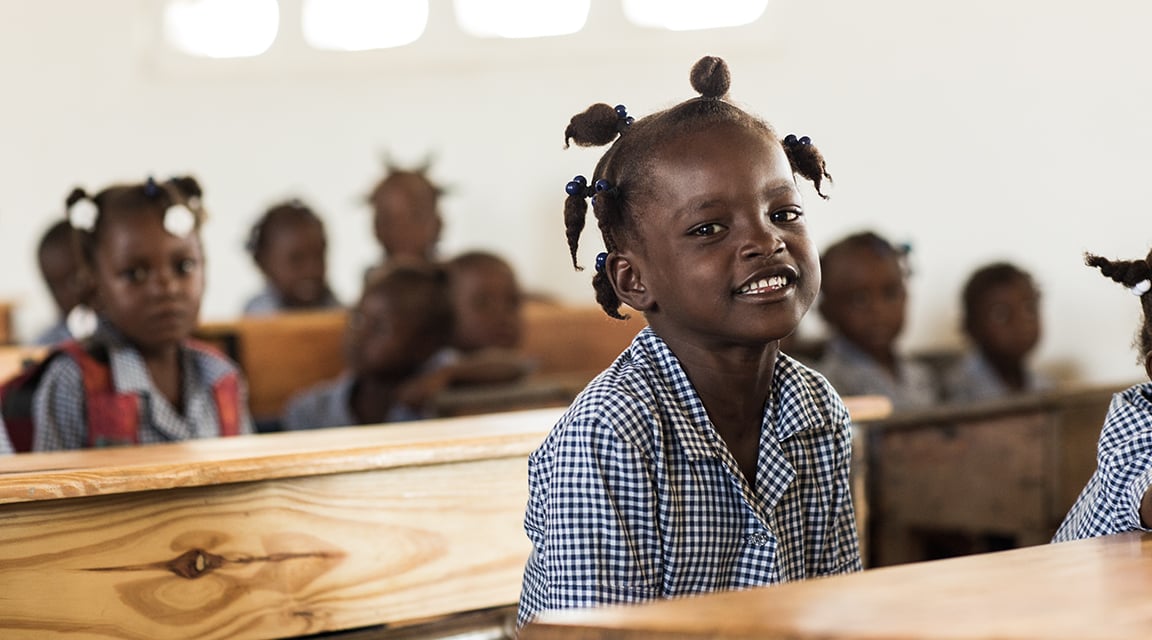
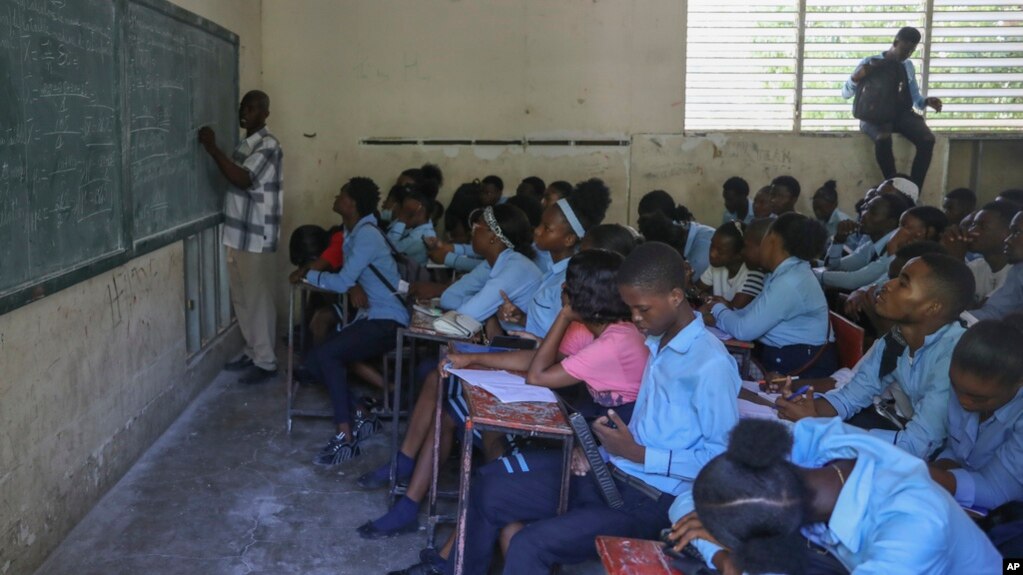
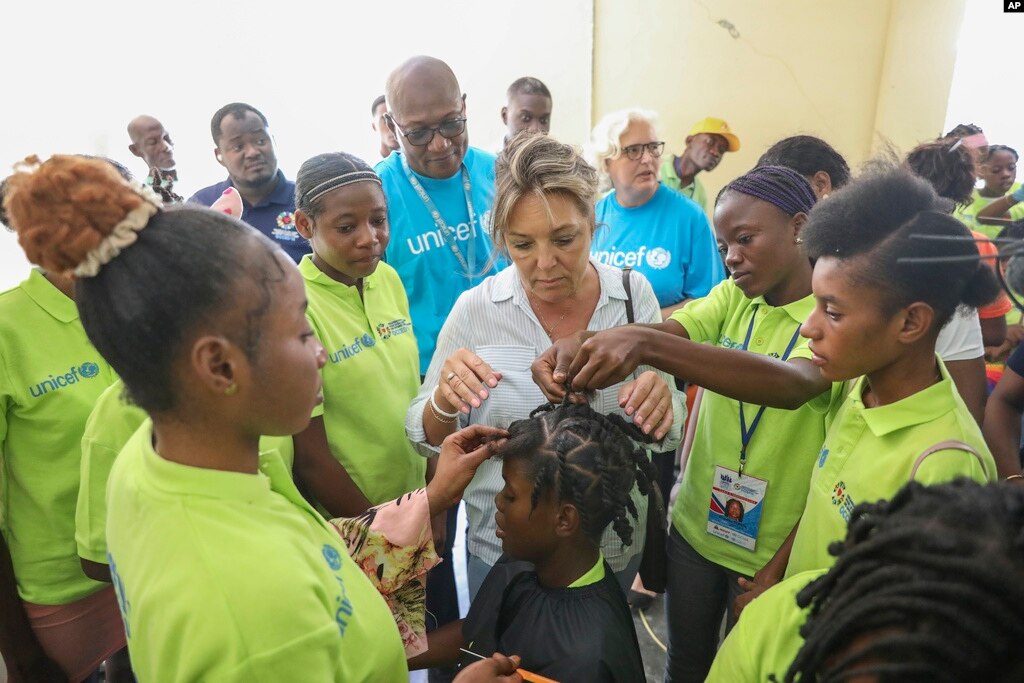


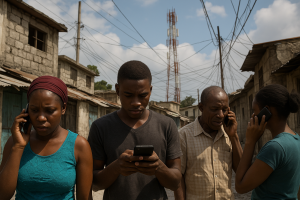
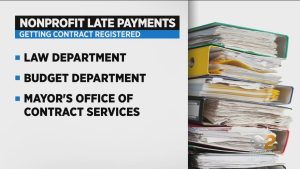




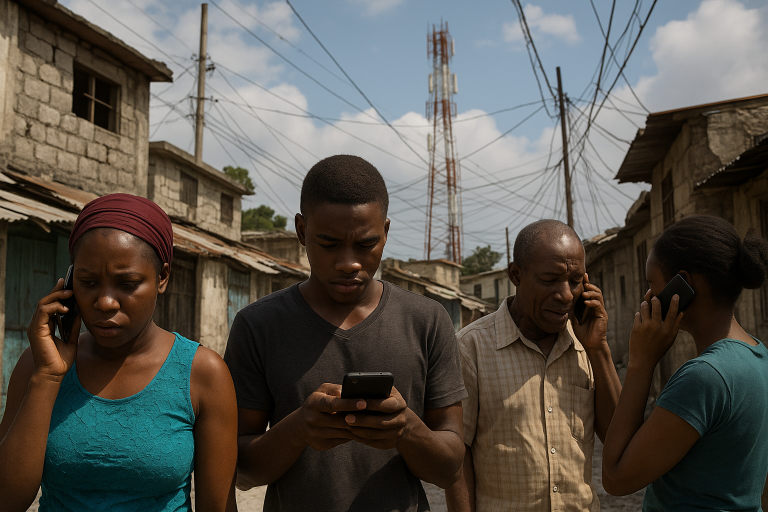
Add a comment